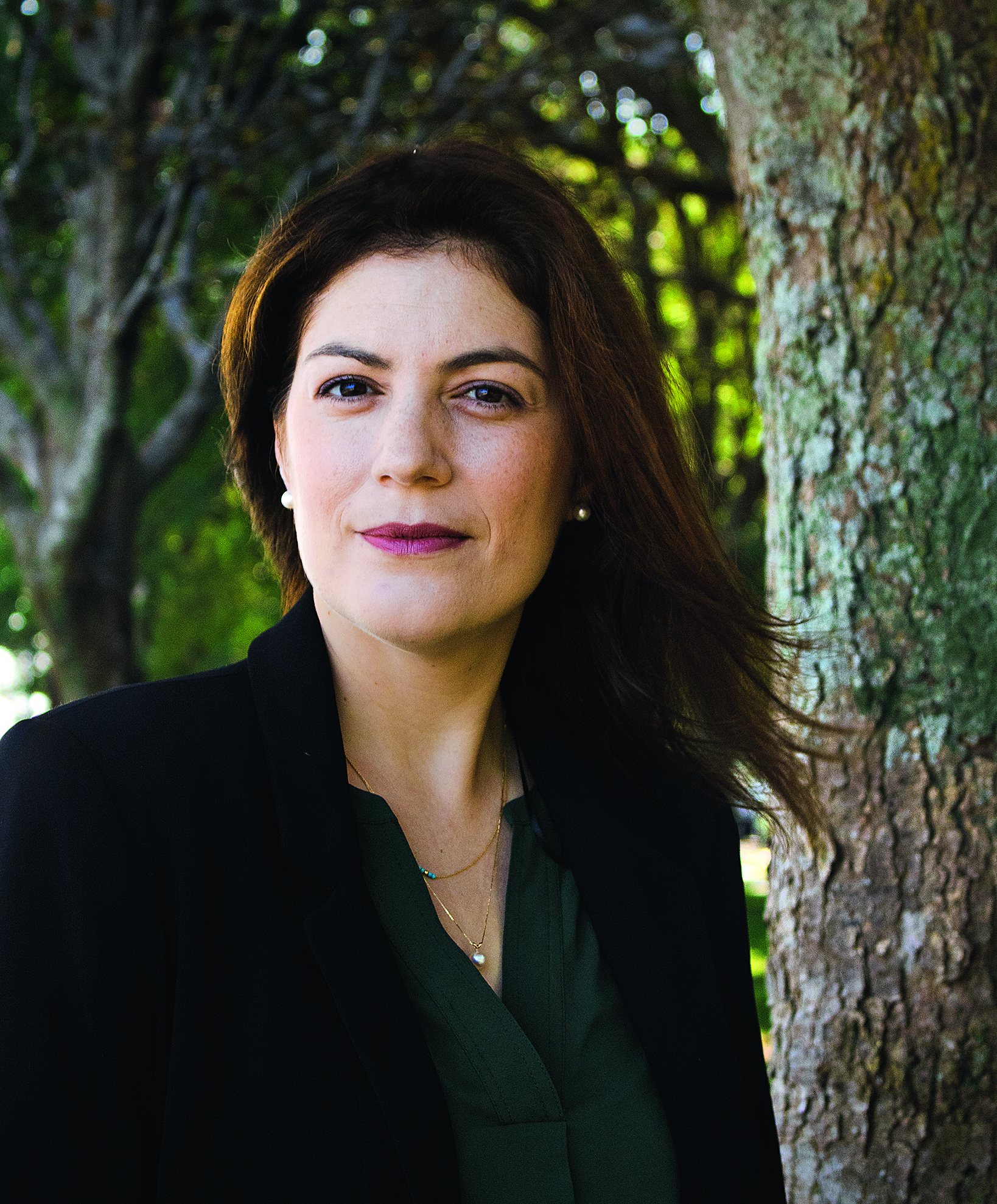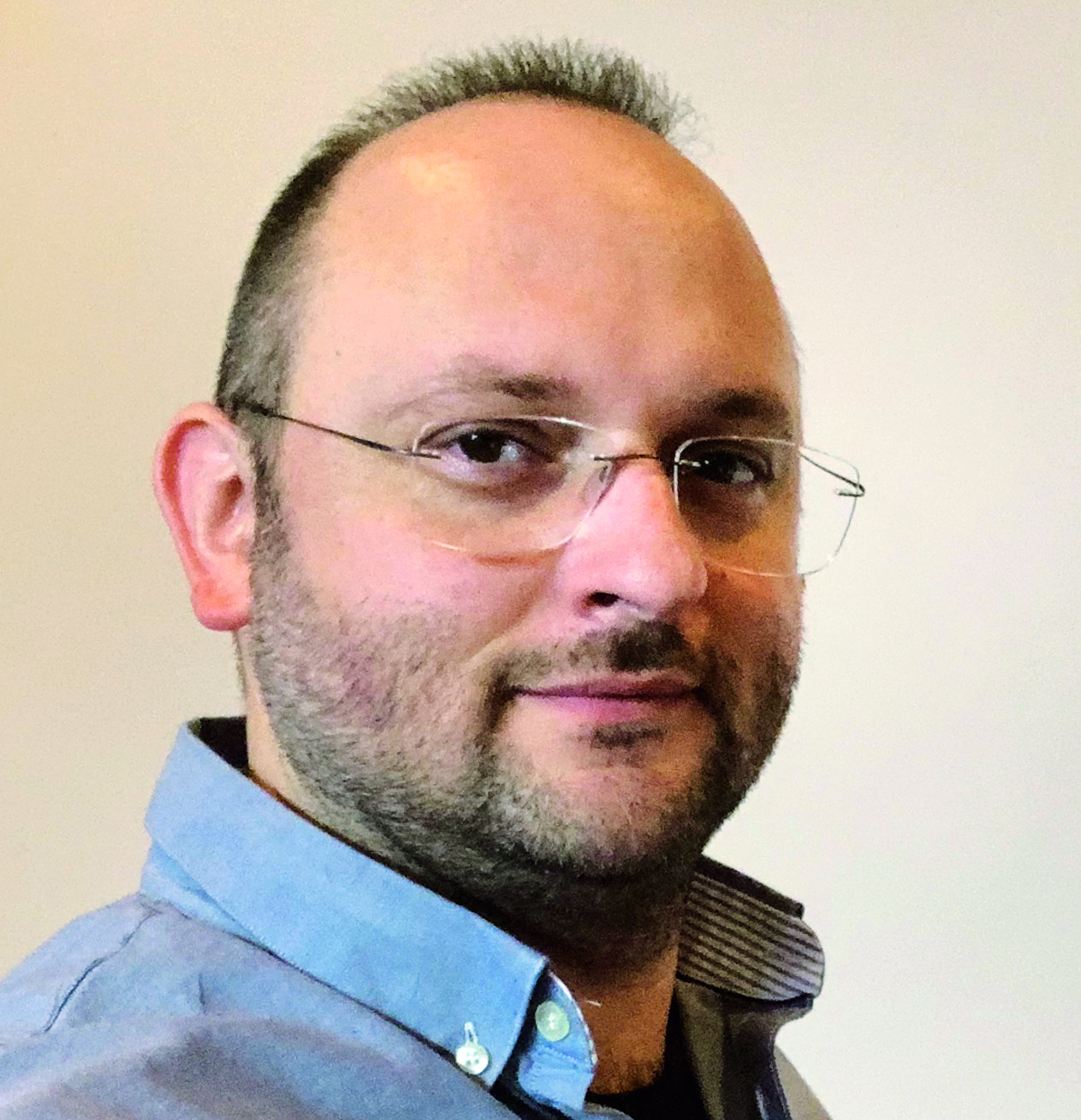
Gone are the days when “party” statutes loaded students from Europe and America to bring them to Greece for three days at home after voting, with a ballot issued in the national elections. Today, however, the request of the Greeks to vote in national elections in the place where they are located is imperative. After a mass exodus of tens of thousands of young scientists abroad in search of work due to the economic crisis in the previous decade, Greeks may be living and working in other countries more than ever. The exact number of those who have recently left is not officially known – estimates range from 250,000 to 500,000.
Residential voting has been a requirement of expatriates for decades. The relevant legislation (L. 4648/2019, adopted in December 2019), which finally allows this possibility, limits the circle of beneficiaries to those who immigrated relatively recently: in order to be able to vote from afar, you must within You have lived in Greece for at least two years in the last 35 years and have filed a tax return in Greece for the last two years. In these national elections, for the first time, Greeks abroad will be able to vote at their place of residence, but so far very few have taken advantage of the right granted to them by law. According to the Home Office, only 3,900 have been approved through the platform, and the number of applications submitted does not exceed 5,200. Of the thousands of Greeks living in the UK, only 717 have registered to vote at their place of residence and, despite their small numbers, are the largest group of non-territorial voters. It is expected that about 300 Greeks located in many German cities (Berlin, Hamburg, Düsseldorf, Munich, Dresden, Frankfurt, Nuremberg, Dortmund) will vote at their place of residence, and from Switzerland the number of registered people reaches 220 people. the EU services seem to have entered the voting platform from afar, as applications from Belgium barely reach 200. The number of registered Greek immigrants from the other side of the EU is also extremely small, 30-40 people. , Australia. To show the size of the Greek diaspora, especially in the last decade, applications have been submitted from Malta, Istanbul, Mexico, Thailand, Chile, Sudan, Budapest, Shanghai, Hong Kong, Kuwait, Tel Aviv.
It should be noted that the platform will close twelve days before the election is announced, so some risk becoming obsolete if they delay filing even longer.
“K” tracked down, identified and spoke with four Greek women in Boston, Los Angeles and Amsterdam who, despite the difficulties (including the difficulty of using the platform and the need for some specific supporting documents), were determined to exercise their right. voted for the first time from afar. They all agree on two things: they won’t miss anything and something else, “in the depths of my soul there is always the thought of returning.”

Comparison with the Netherlands
Christos Ismirloglu works for a multinational technology company in Amsterdam and left Greece in 2010 to complete his master’s degree. However, he found a job there and stayed. “I learned about the opportunity to vote at the place of residence from the Greek media, which I follow. We have been discussing this with our friends for many years why we cannot vote from here,” he explains. Life in the Netherlands made the impossibility of voting at a distance even seeming anachronistic. “Here, all transactions with the state are made remotely. In so many years, I have only gone to the service twice to announce the name of my children. You can’t help but compare it to the bureaucracy in Greece.” Comparing how things are and how things could work in the country is another reason why Mr. Ismirloglu definitely wants to vote. “After all, at some point we can return. We have returned family, friends, and we are trying to build a summer house to come as much as we can,” he says. The process could have been easier, “but I think someone my age can figure out how to do it,” he says with a laugh.

The deterrent is… the tax office
Georgia Mavromati is a professor at the University of Massachusetts Boston. She left Greece in 2011 to complete her second PhD in America and stayed because “a lot of doors have opened professionally”. “I am very much looking forward to voting for the first time in an election in Greece from here. The first thing I do when I wake up in the morning is read the news about what is happening in Greece. I live here, but I can’t vote. If I don’t vote in Greece either, then I’m not a citizen anywhere, in any country. With our vote, we can help, strengthen Greece, participate, support change,” he says. The thought of returning when her daughter, now 4 years old, grows up becomes more and more intense. “In Greece, it is our parents, our brothers and sisters, the culture is different, and we do not want the child to lose this connection with the family.” Assessing the low participation of Greeks abroad in this process, he says that this was to be expected. “It always happens, the state accepts something today, and it takes time until this change is realized by citizens. The next election will be better.” He hesitates a moment and finishes. “It’s also a problem with the tax office that you have to fill out tax returns in Greece. Many are afraid, do not want to once again contact the tax in Greece. Although there are no problems. I did it.”

Country off the ground
Angelos Lazaris works as a data analyst for a large technology company in Los Angeles. He left Greece in 2002 to complete his PhD in Southern California and has stayed. “I knew that registration on the platform was approved, but did not know how to do it. In the end, it was not difficult at all,” he says. “What’s good about us being here in America is that we have a lot of prerequisites, so I had all the paperwork I needed online. I have just uploaded my degree from the Technical University of Crete. There is a logical explanation for the small number of participants and the complexity of the process. “In America, we say that the hardest thing is to go from 0 to 1. Then everything gets easier. Greece has done a colossal job, but it had to be pulled from scratch, to integrate systems. It all needs to mature, it’s perfectly normal. We are a new country in terms of this policy, the state needs to be given time to make mistakes.” The answer to the question why he wants to vote in Greece seems obvious to him. “I am concerned about the issue of the country, I want us to become better, and I want to participate as much as possible in this process. I don’t mean to be arrogant, but now I have a better understanding of the policies that will benefit us. It is very important for someone to live in an environment where they feel safe, where they know that they will have the opportunity to develop, to progress.” The tech and social media worker emphasizes that “it is now necessary to get information from many sources, because it is not obvious that every information that reaches us is verified.”

I was glad that everyone voted for him
Angelos Fotopoulos works for an IT company in Boston and left Greece in 2014. However, even earlier, he had lived in the United States for several years to study. “I definitely wanted to sign up. When I was a student in 1995, it was possible to find some flights, come and vote, the parties “set” charters. Now with a job, it would be impossible for me to come.” He left the country because he wanted to pursue an academic career, which was not possible in Greece at the time. “It was the era of 1 in 10 recruiting and it was clear that I wouldn’t stand a chance.” He learned about the right to vote from the country of residence from other Greeks with whom he created a connection “Desmos”. “I was very happy that all the parties voted for him. I consider it very important to support the efforts being made in Greece.” The low participation on the platform makes a big impression on him. “I know that a lot of people came. When I was a professor, I had many Greek students, but now I know that many came to work as well.” Is he thinking of returning? “I hope someday.”
Source: Kathimerini
Emma Shawn is a talented and accomplished author, known for his in-depth and thought-provoking writing on politics. She currently works as a writer at 247 news reel. With a passion for political analysis and a talent for breaking down complex issues, Emma’s writing provides readers with a unique and insightful perspective on current events.